Collagen and Your Skincare Routine
Many skincare routines already incorporate active ingredients like Retinol, Vitamin C and certain Peptides to stimulate collagen production. Even in-office procedures such as microneedling lasers and chemical peels aim to boost collagen.
But here's the catch: only stimulating collagen production through external means, without targeting the body's own collagen-producing mechanisms, isn't going to give you the results you're hoping for.
However, incorporating collagen rich ingredients into your diet plays crucial roles in collagen synthesis. When you consume foods rich in these nutrients, your body can use them to create its own collagen, and then it is more able to support the maintenance of collagen stimulation within the body through other means.
Consuming a diet rich in collagen-boosting nutrients, such as amino acids, vitamins and minerals can support the body's natural collagen production by providing the foundational building blocks. For example, the body prioritizes its use of amino acids to produce collagen. Thus, to meet the increased demand, we need an abundance of these amino acids, which we can derive from food sources. So here we go--this brings us to the role of diet in collagen production.

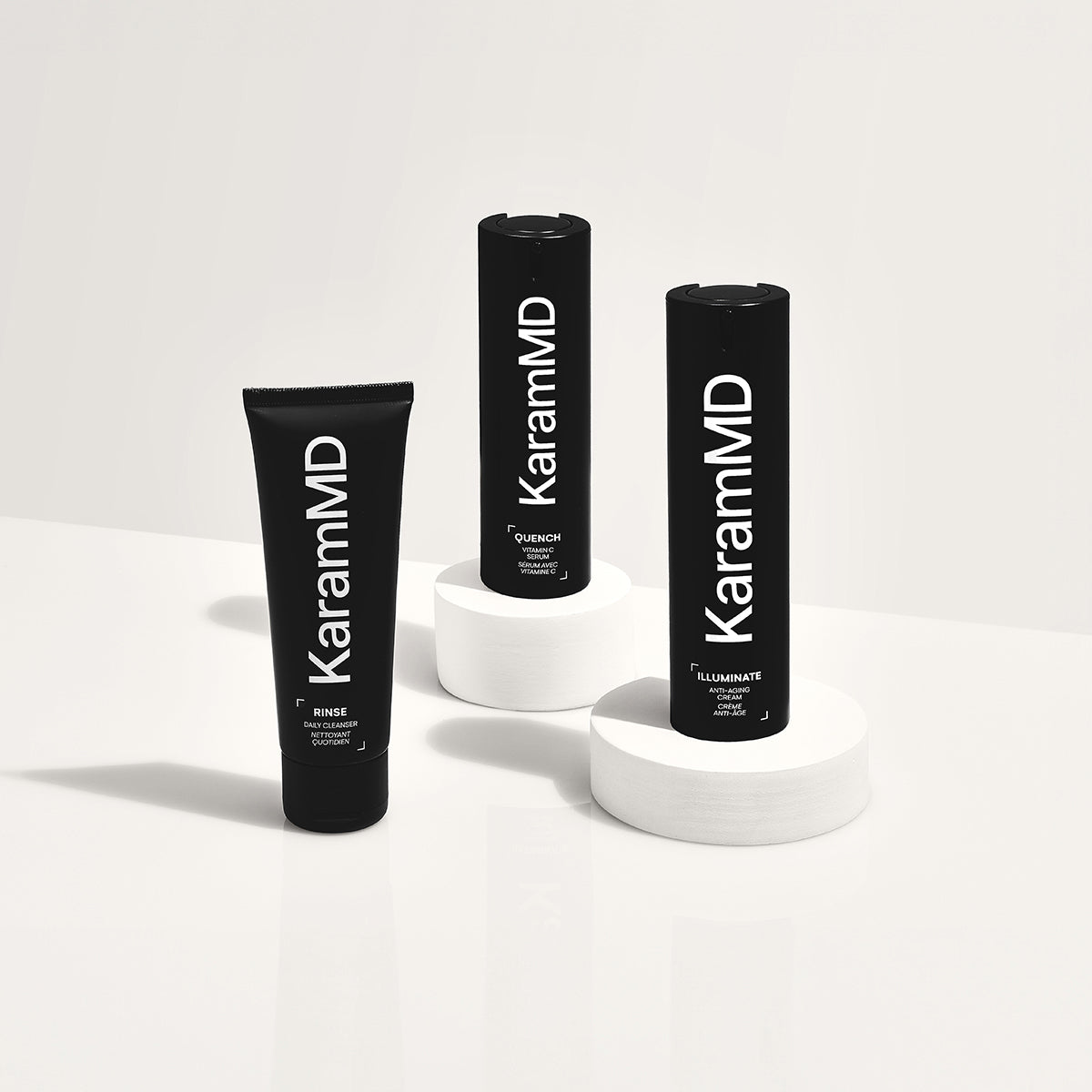
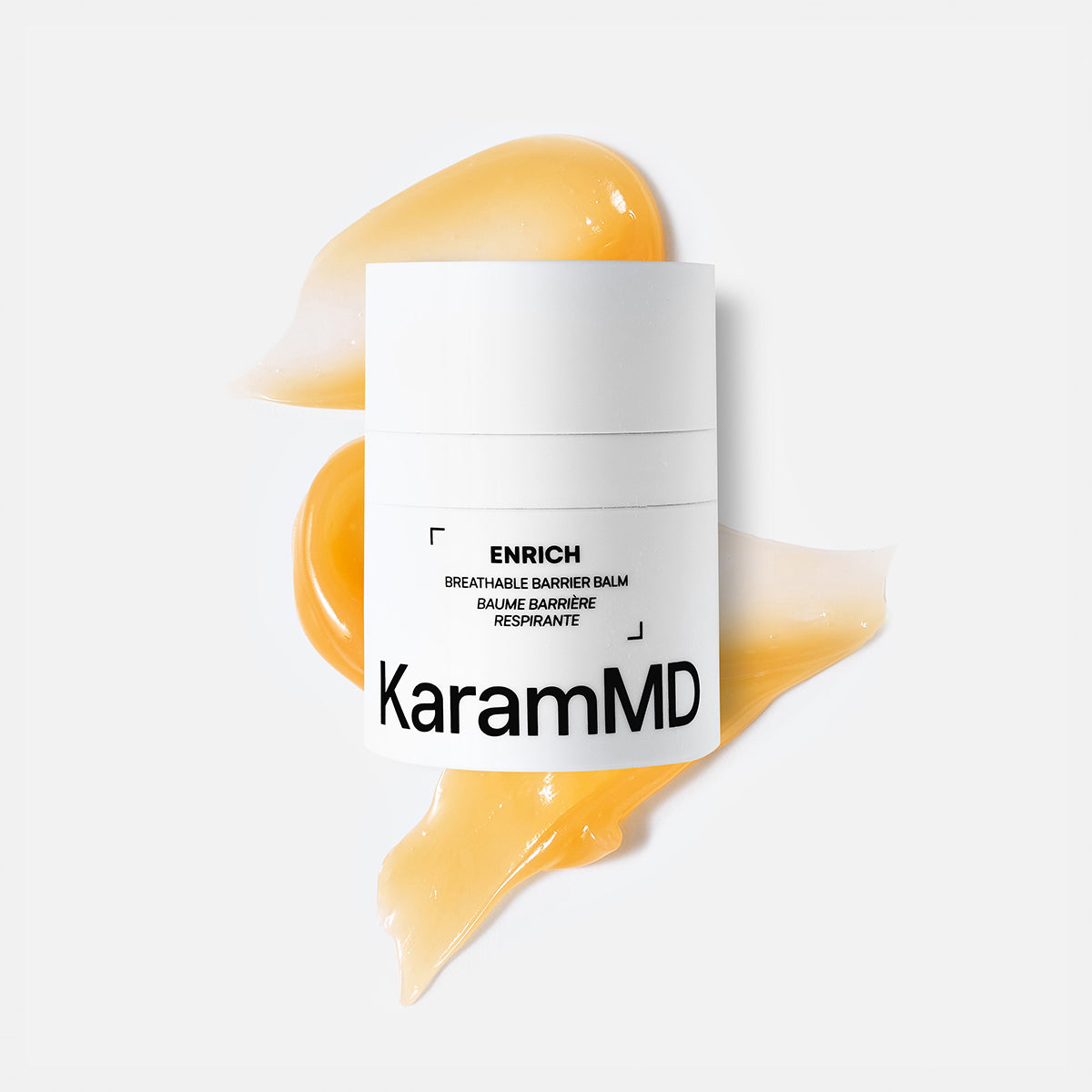
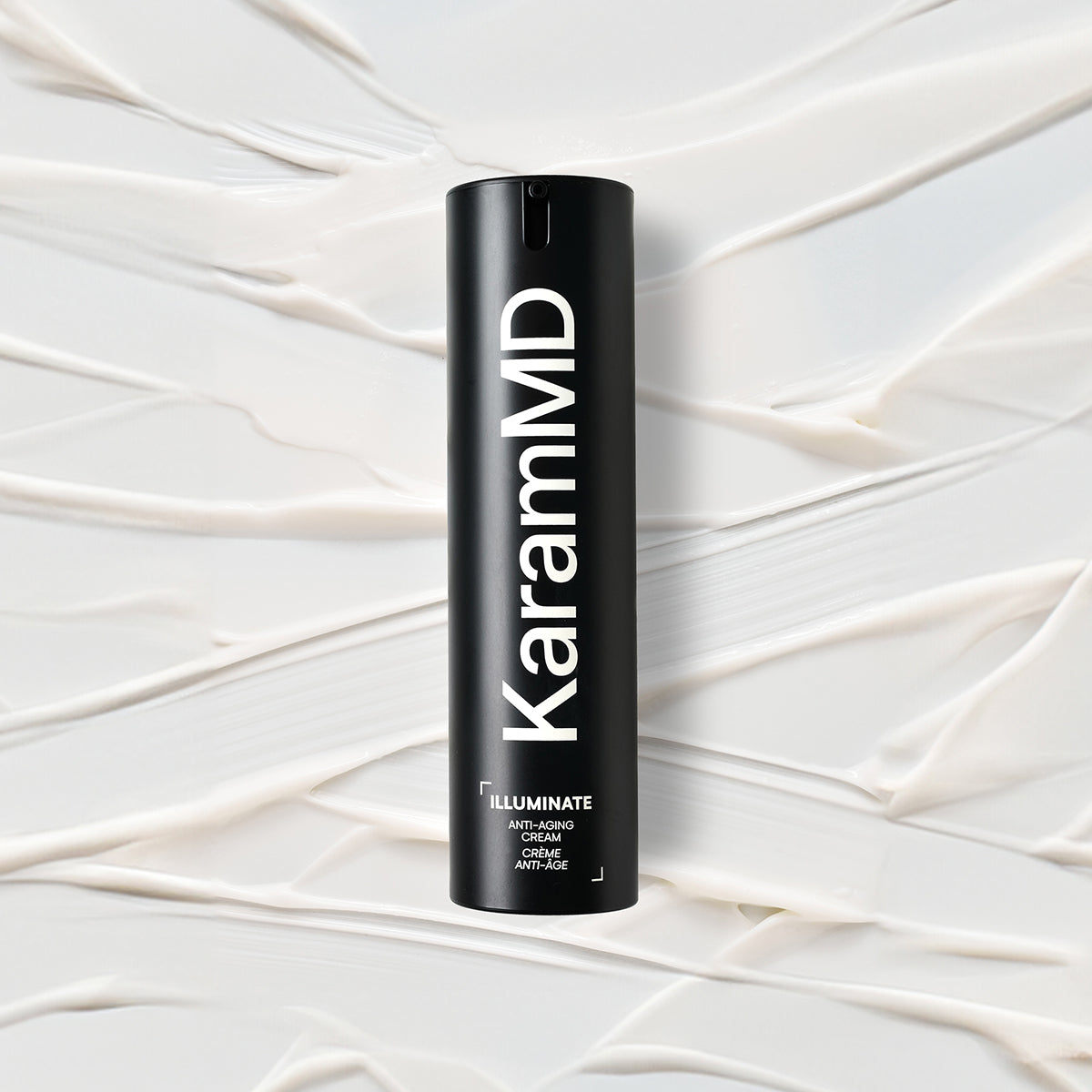
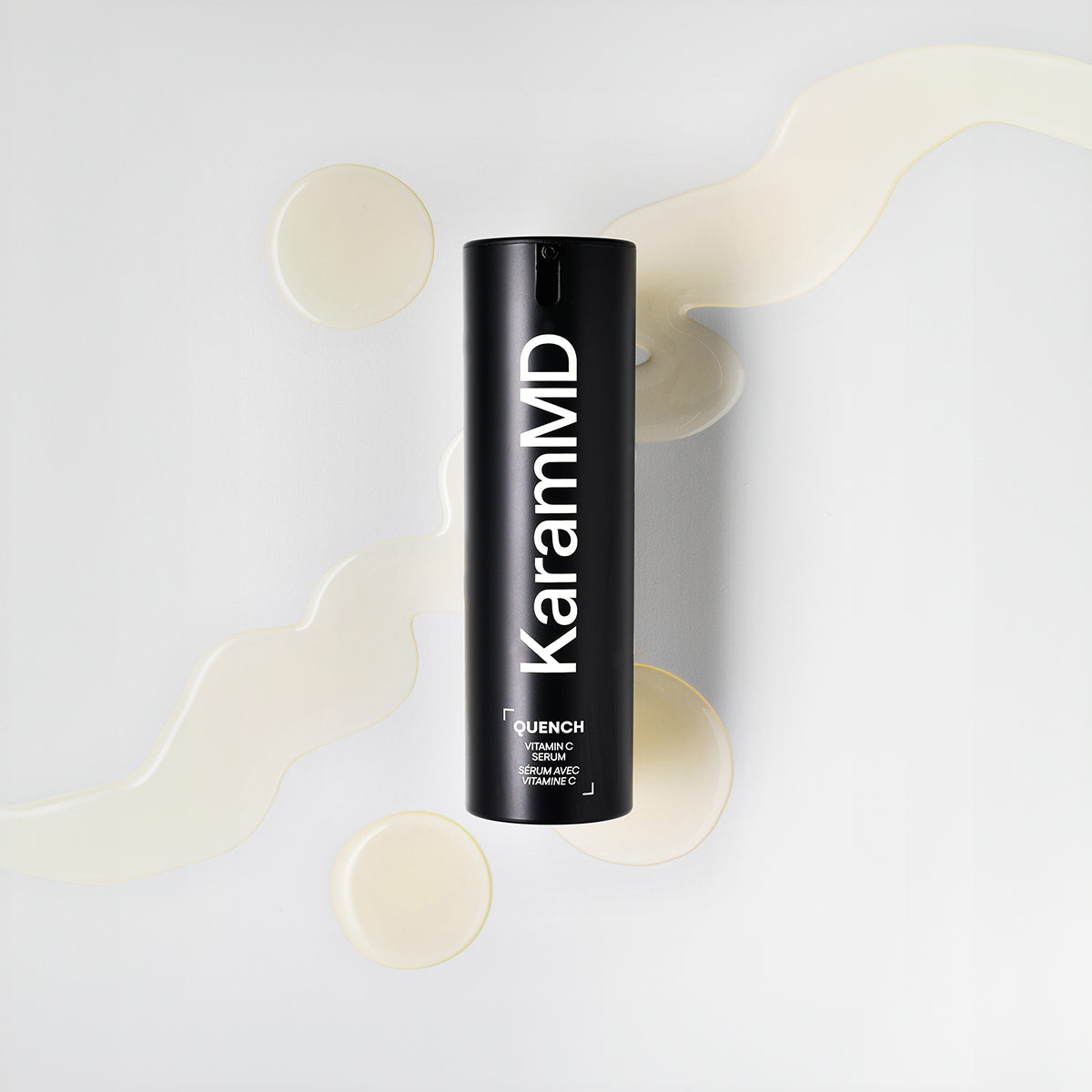
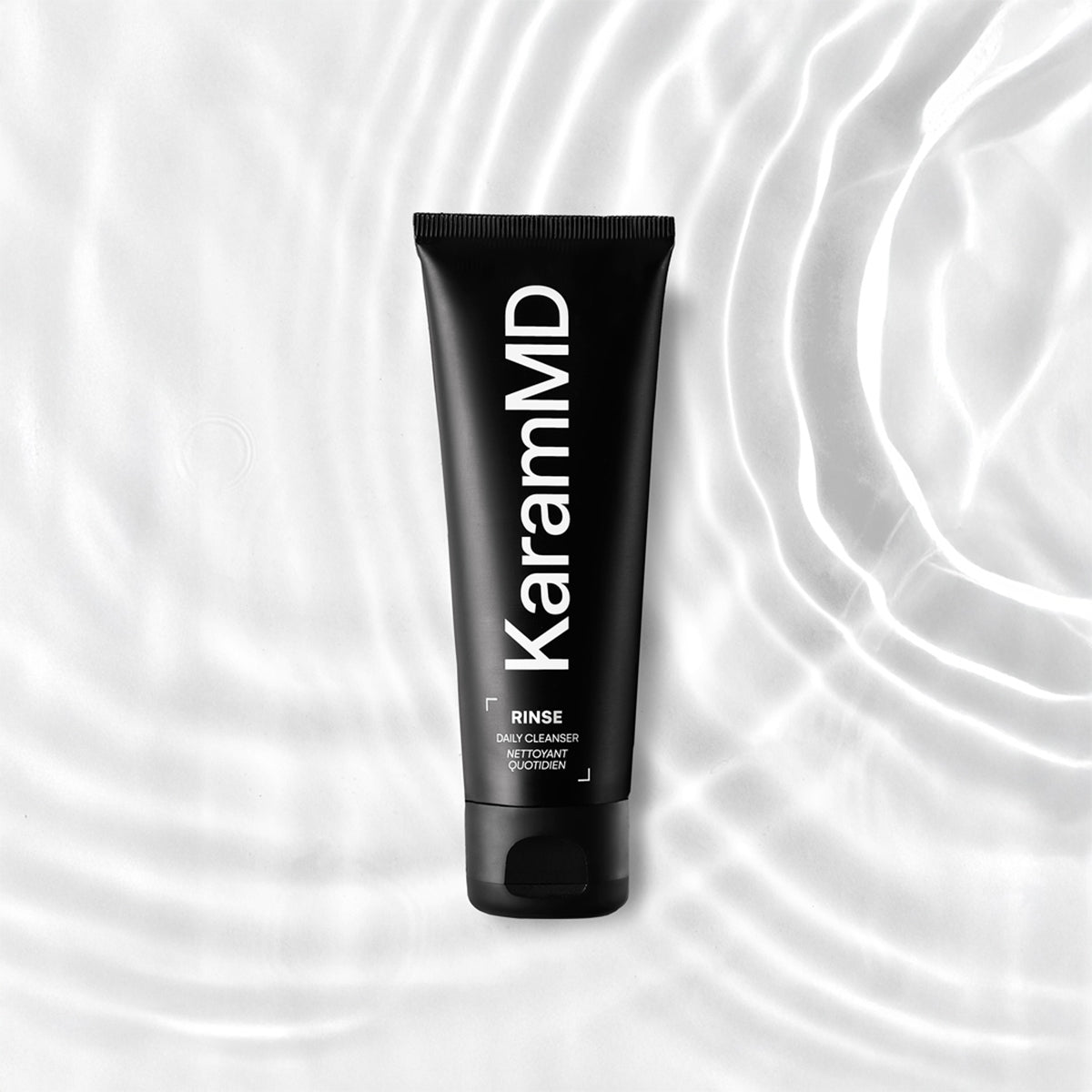
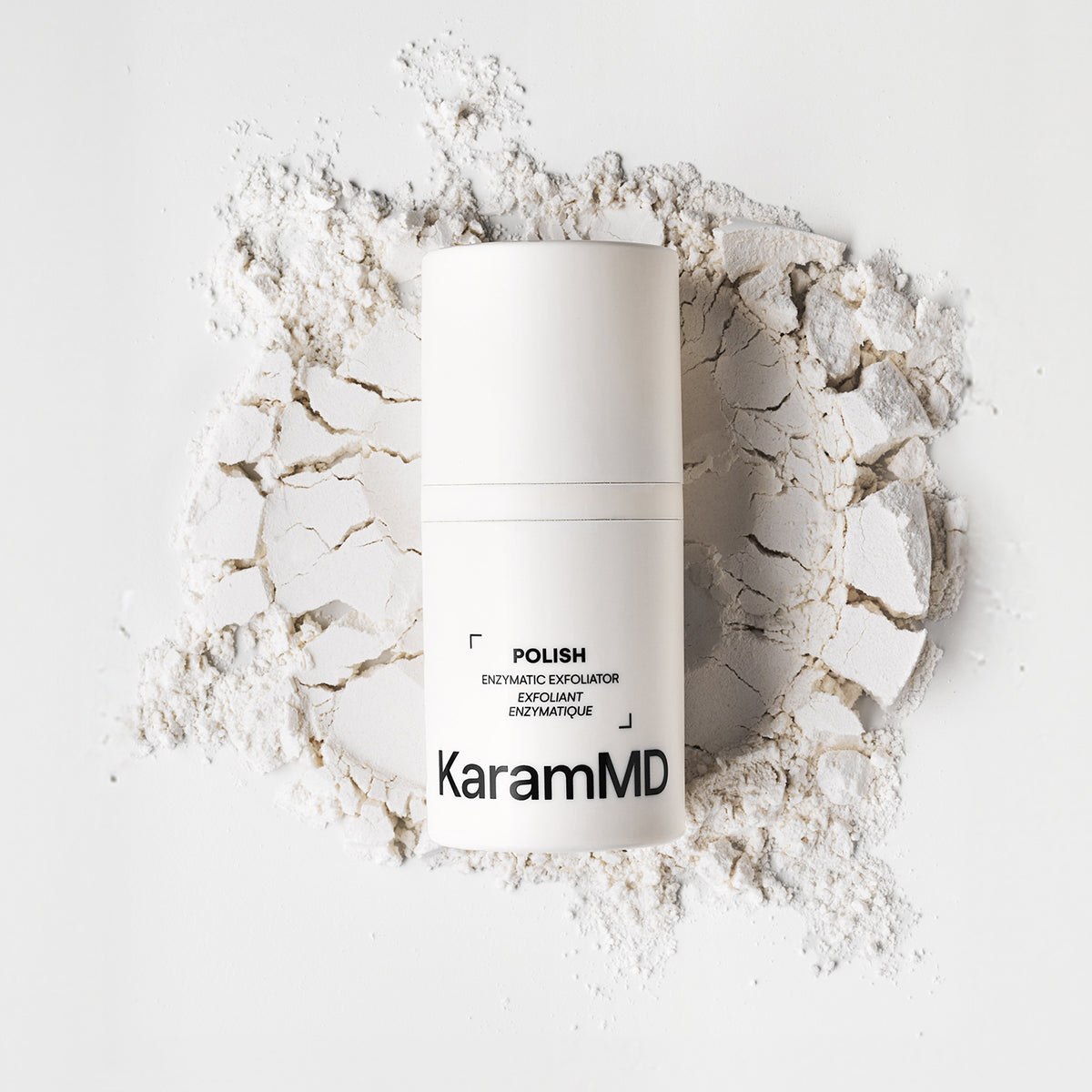
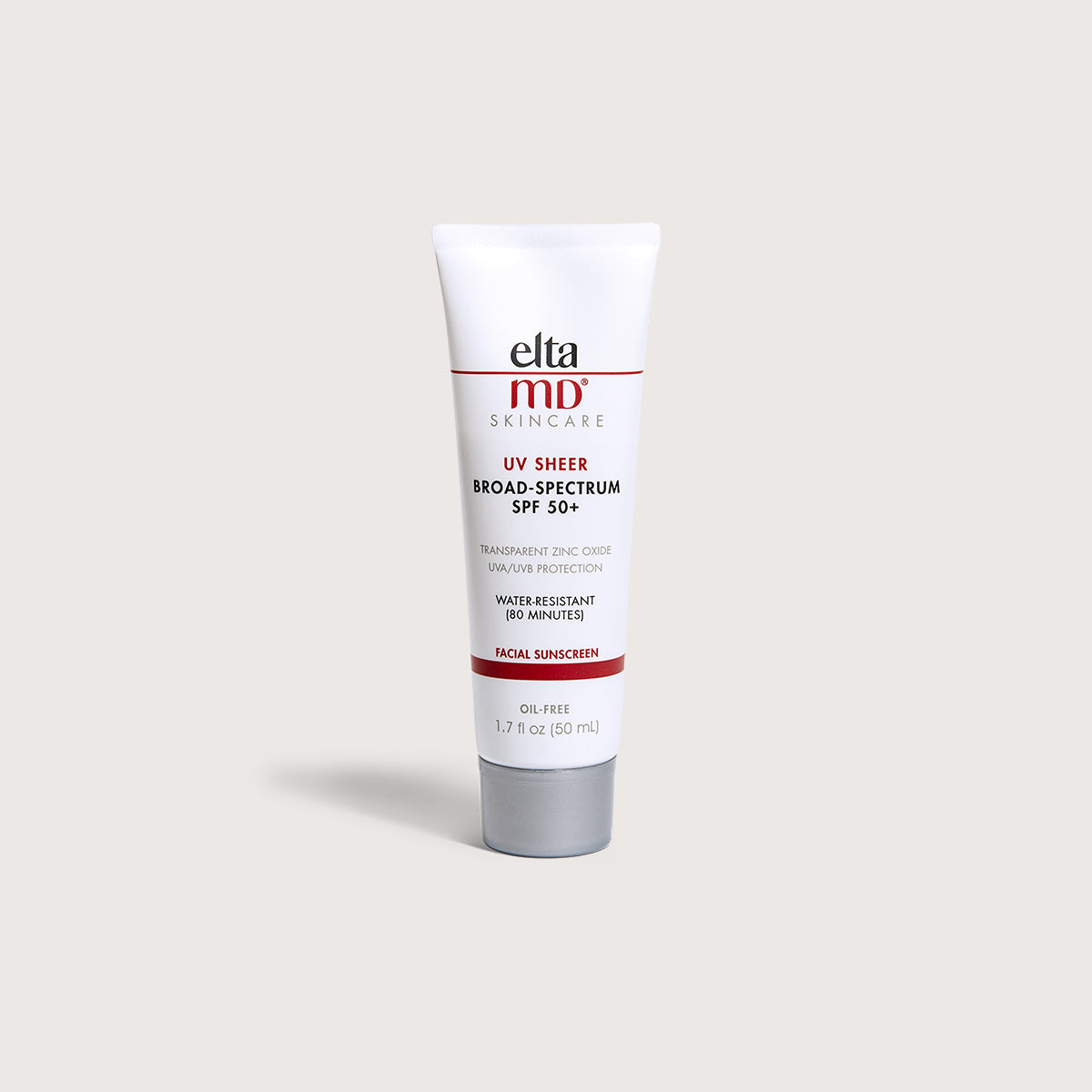
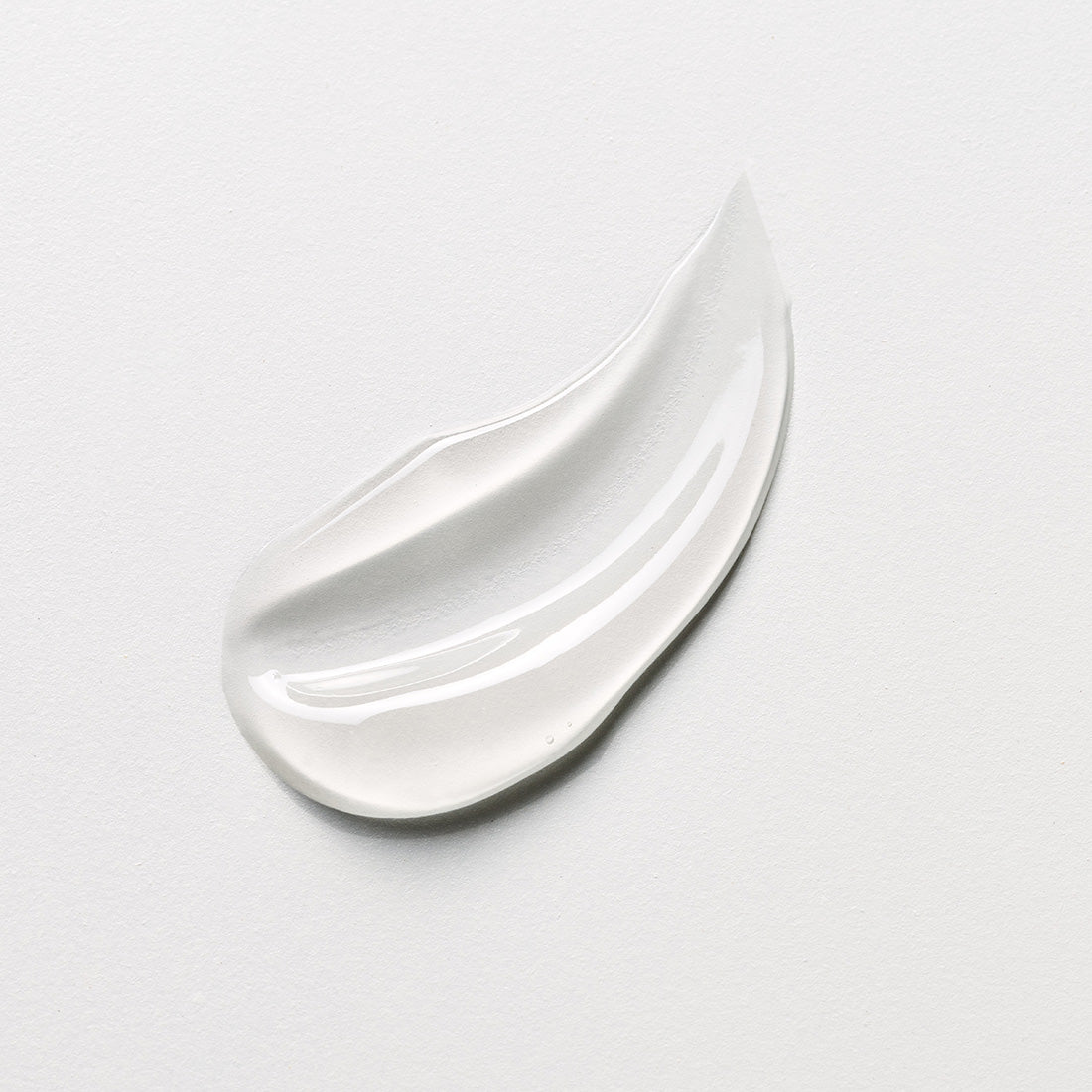
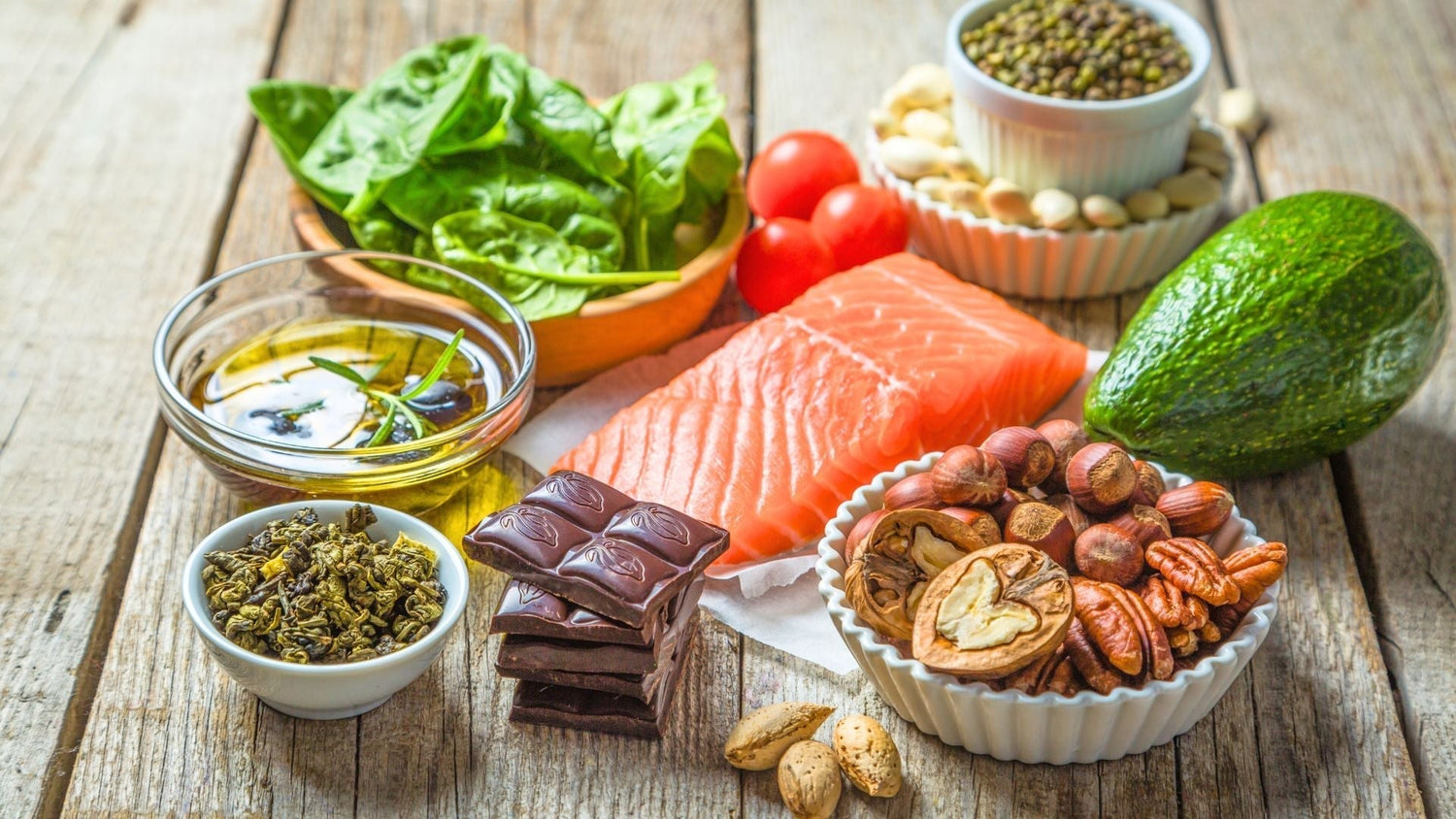
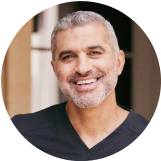
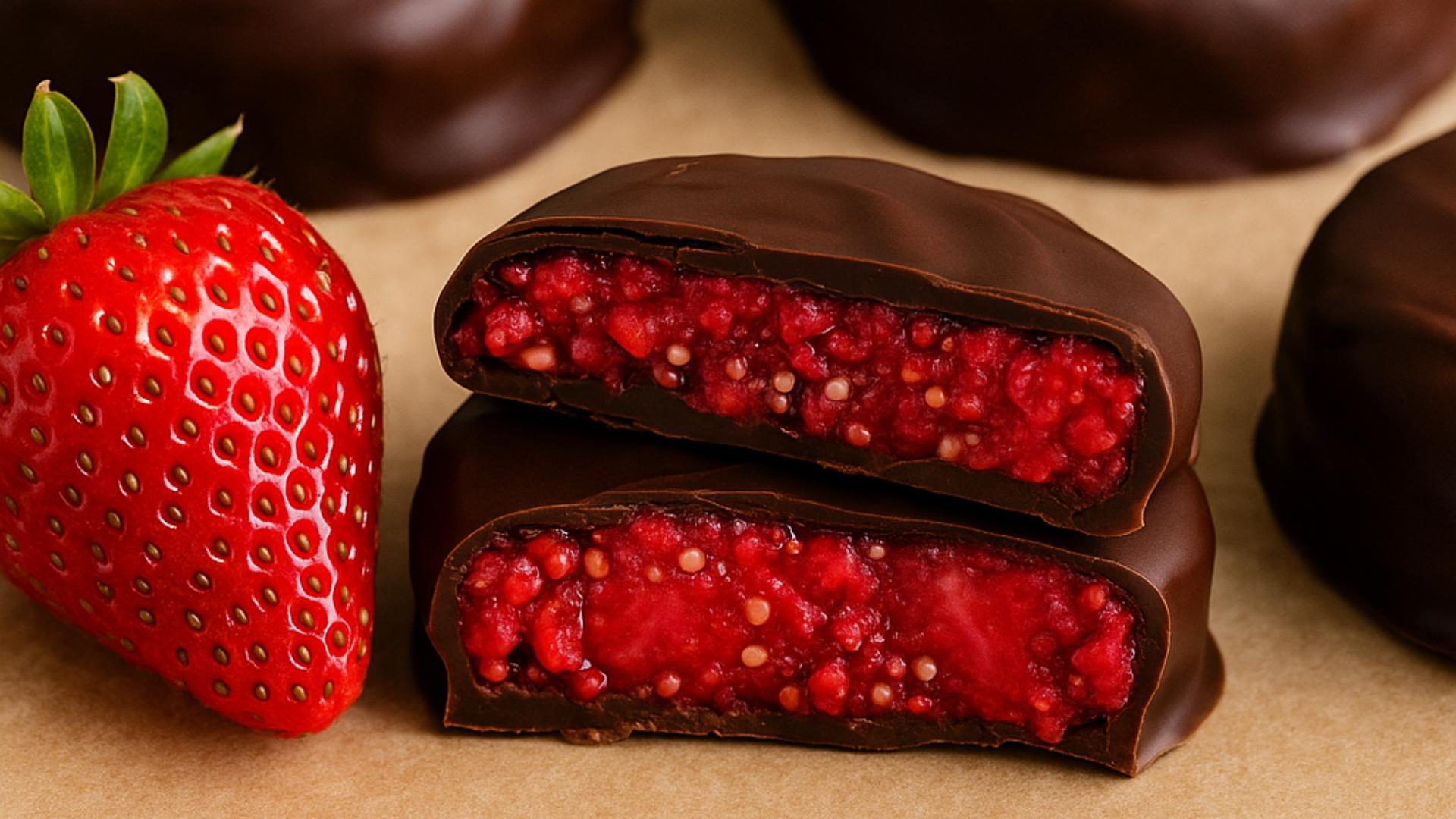



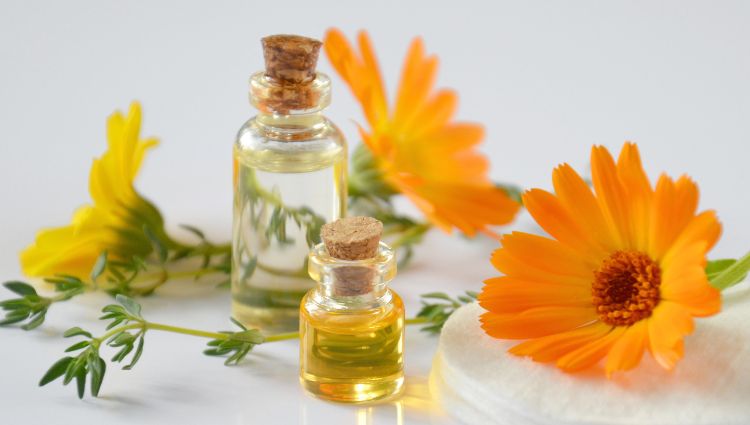
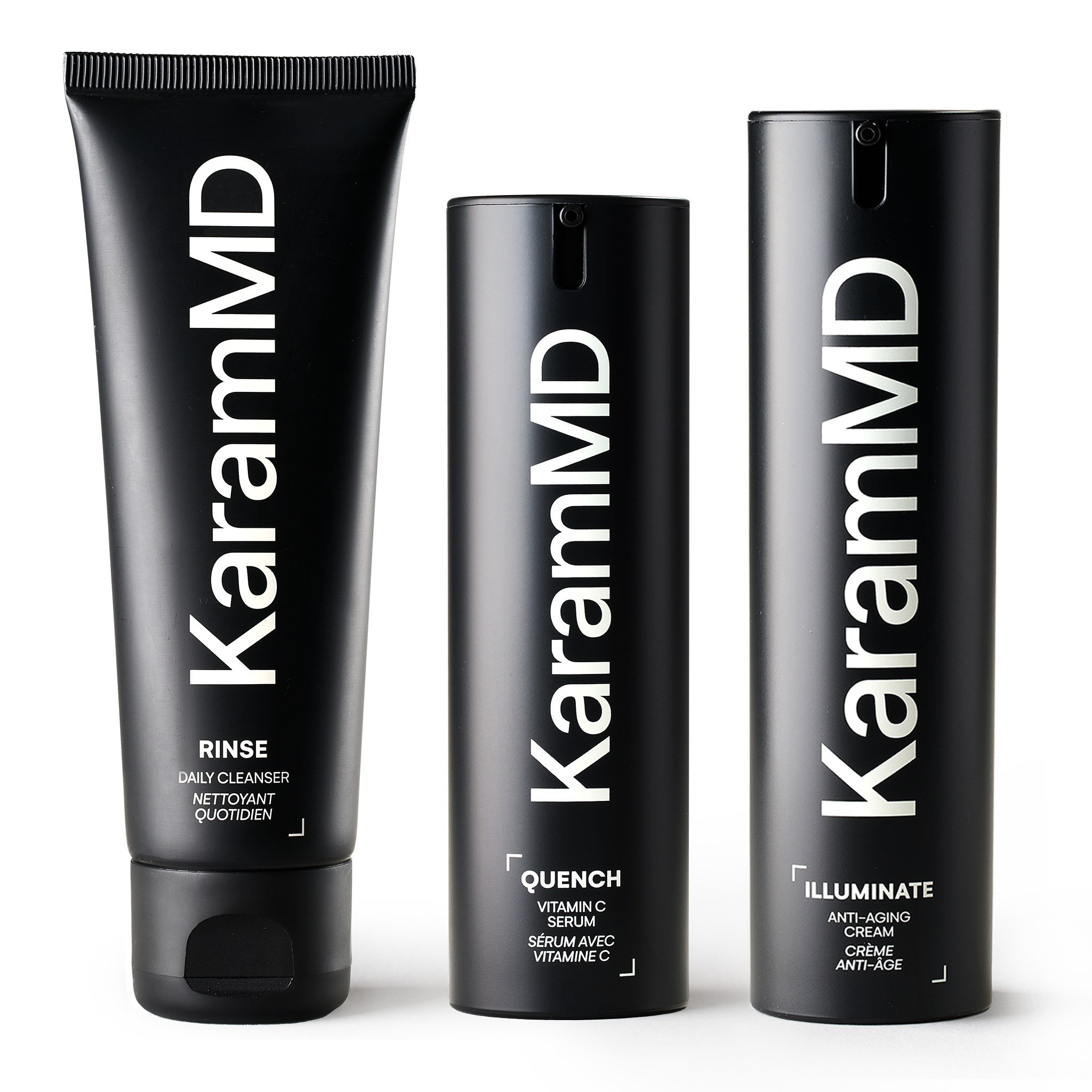
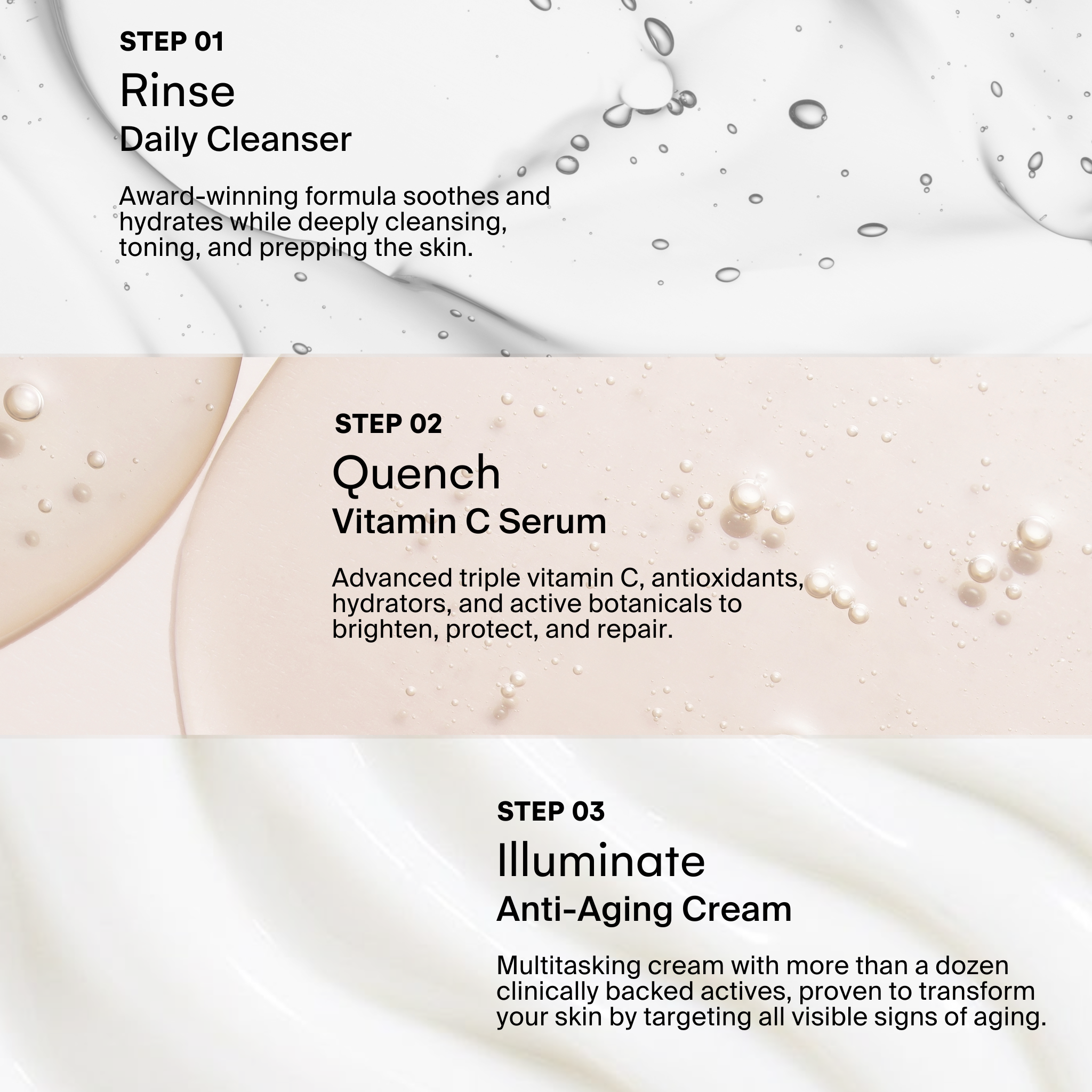
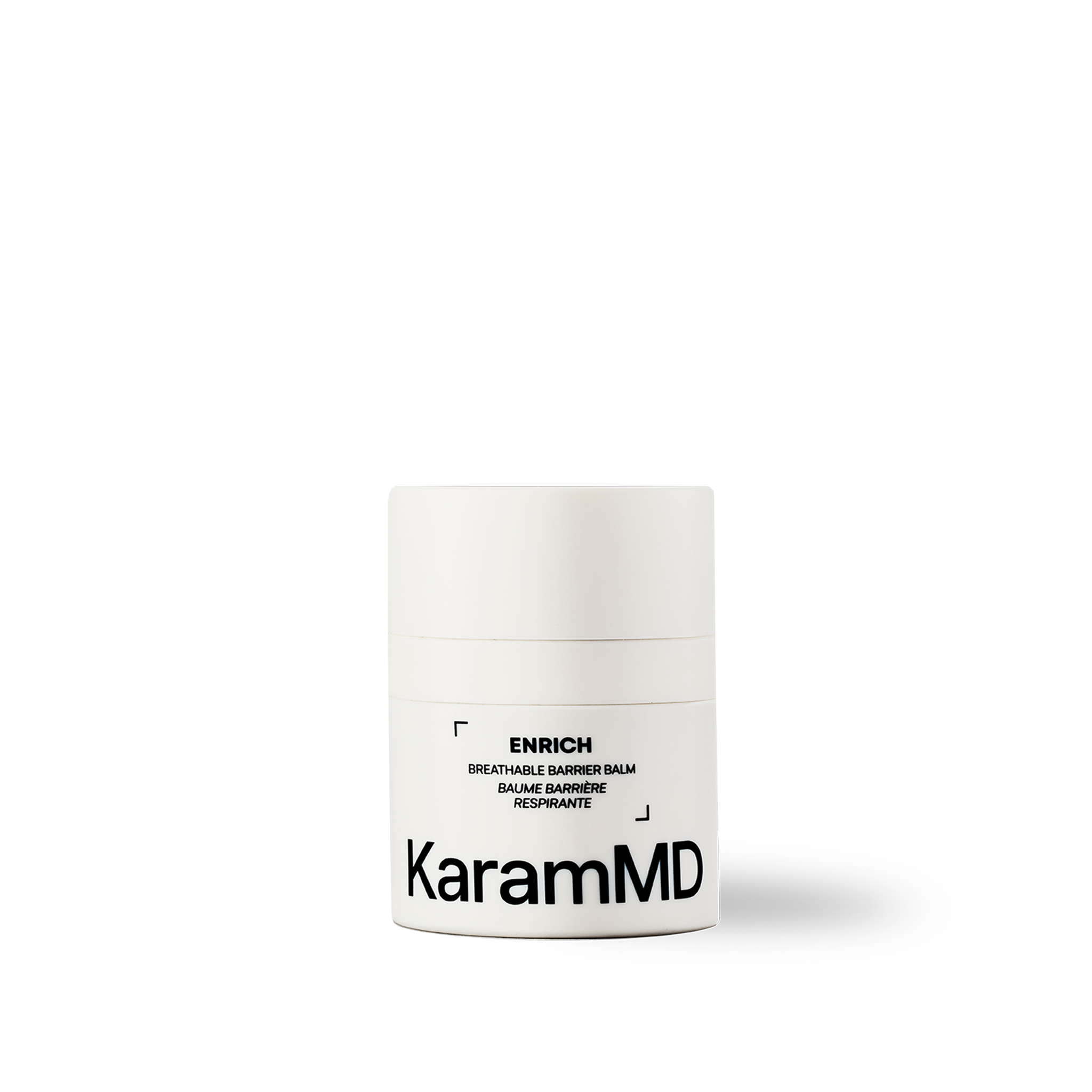
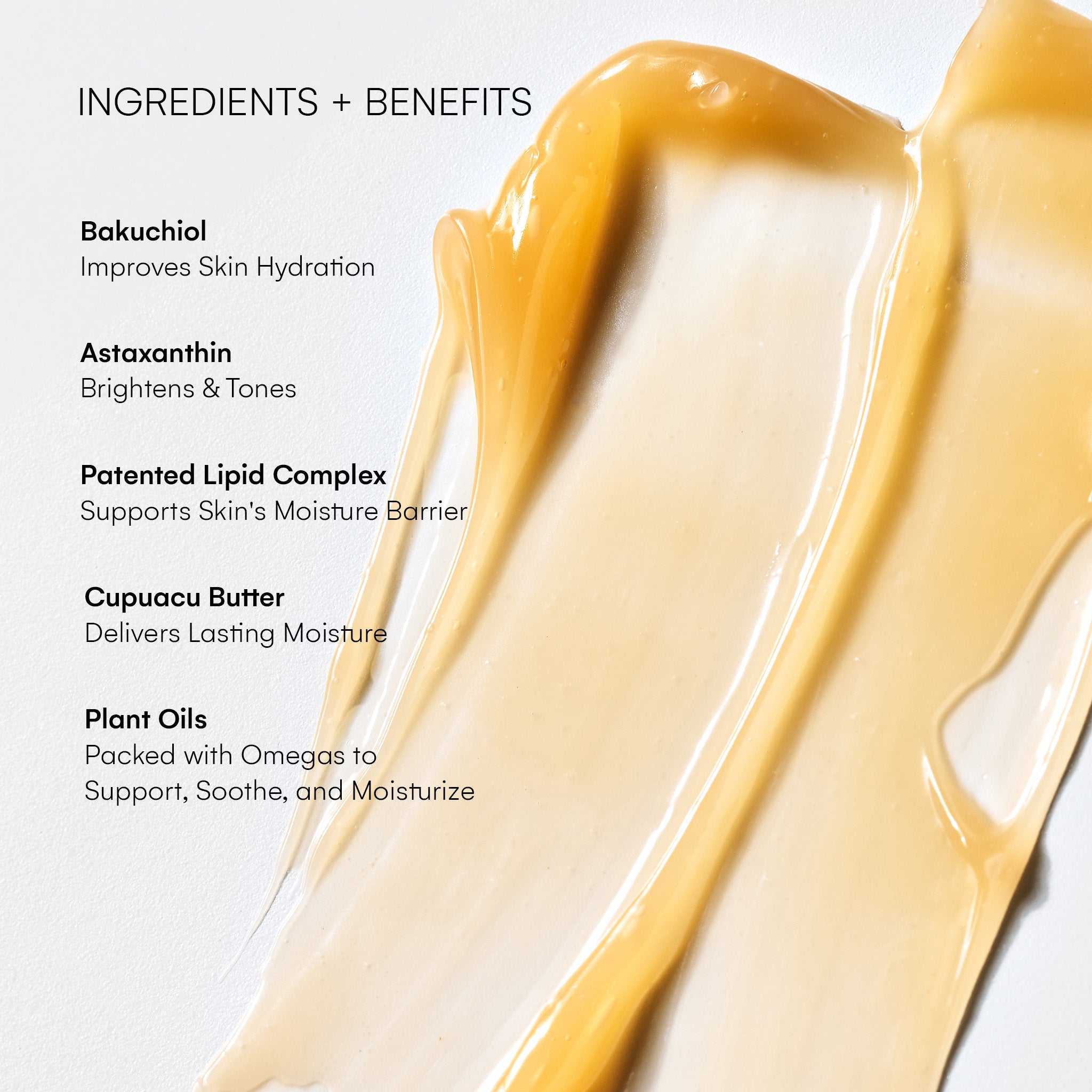
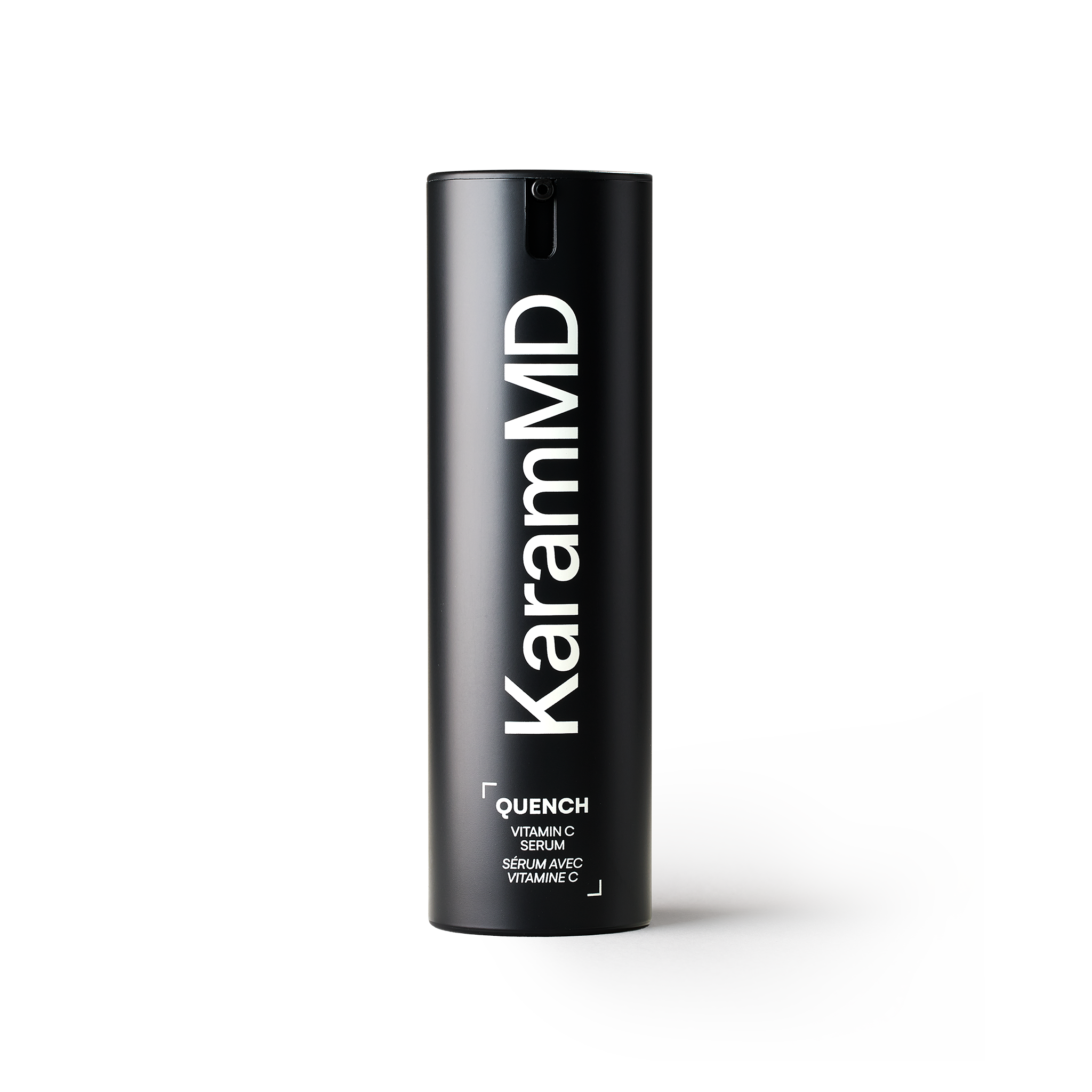
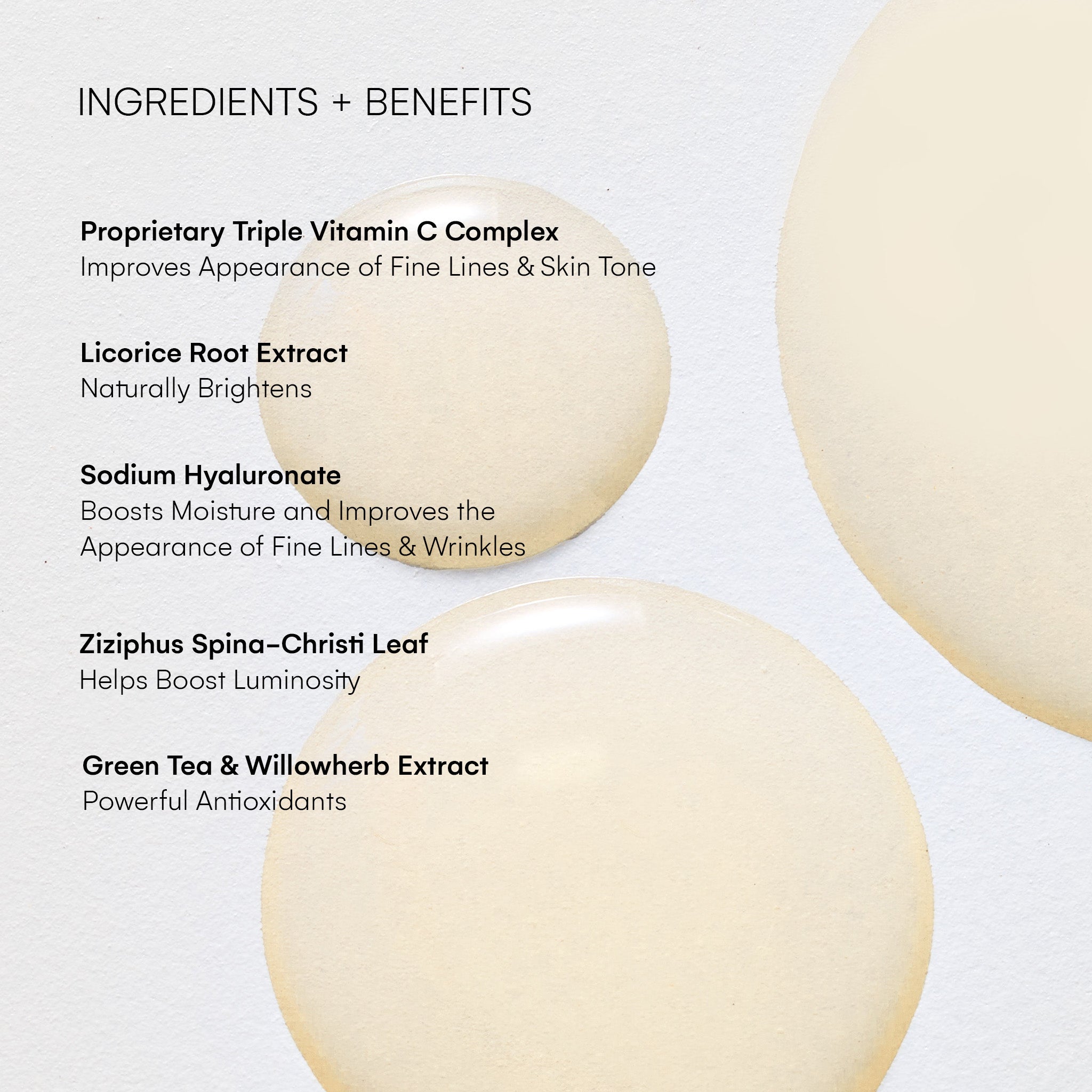
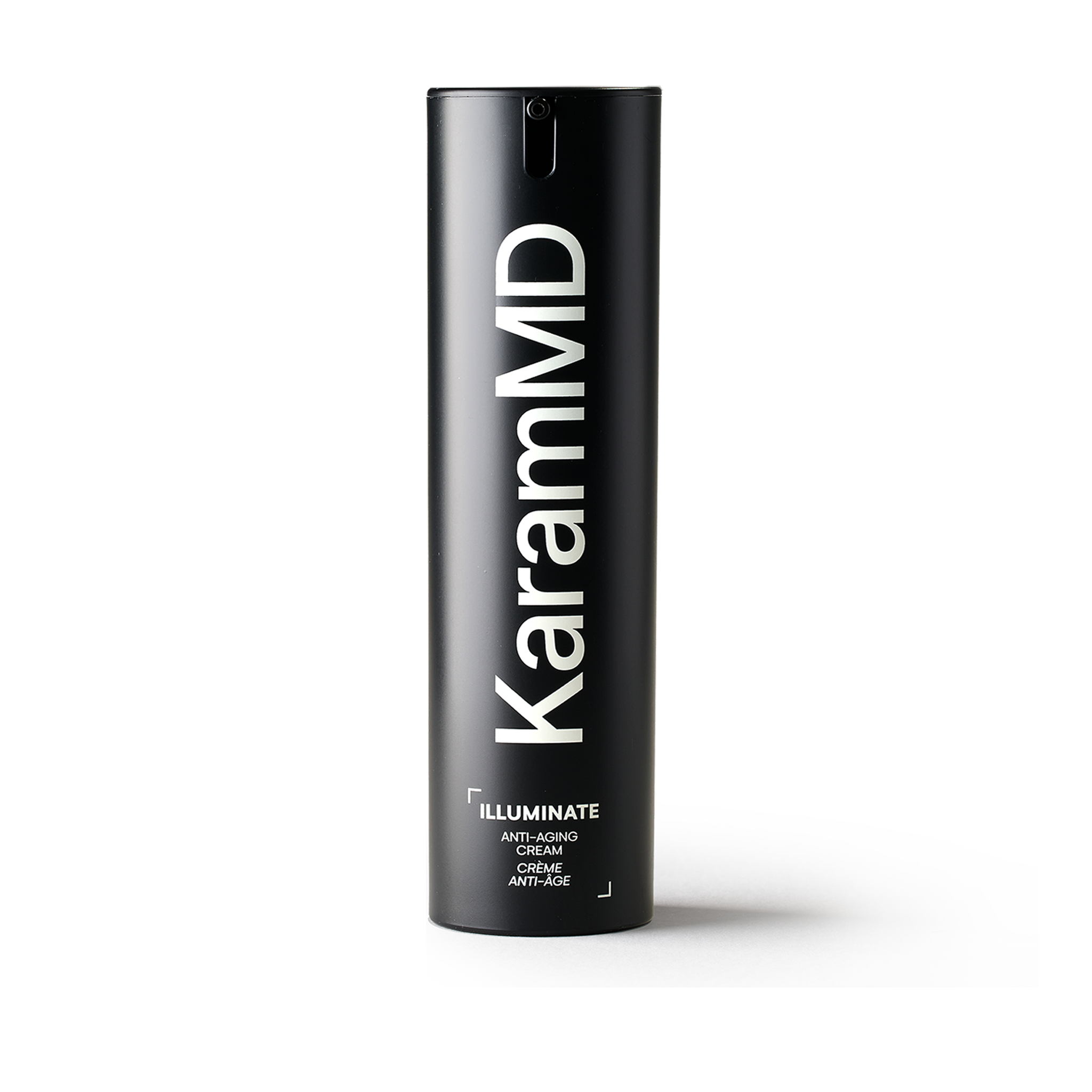
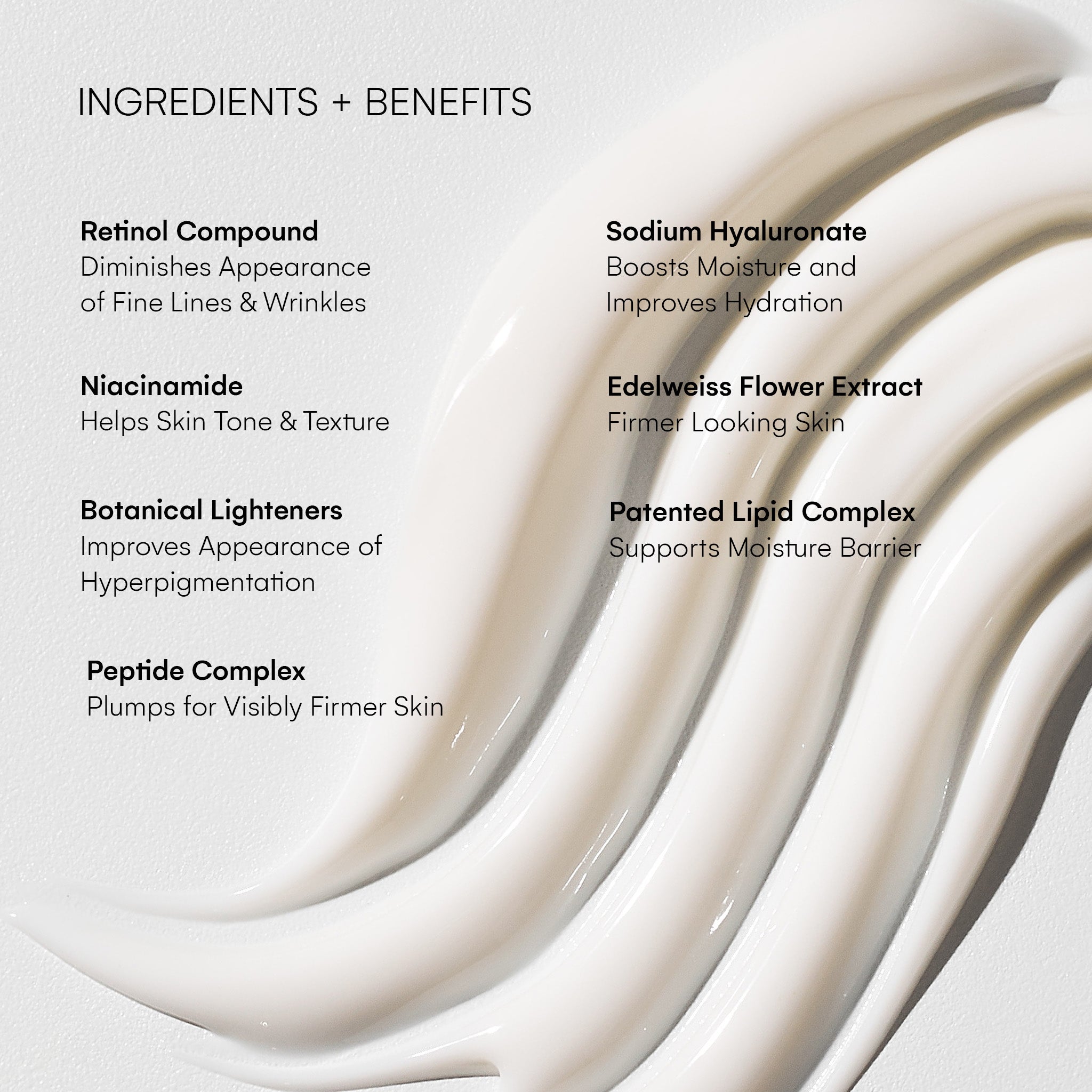
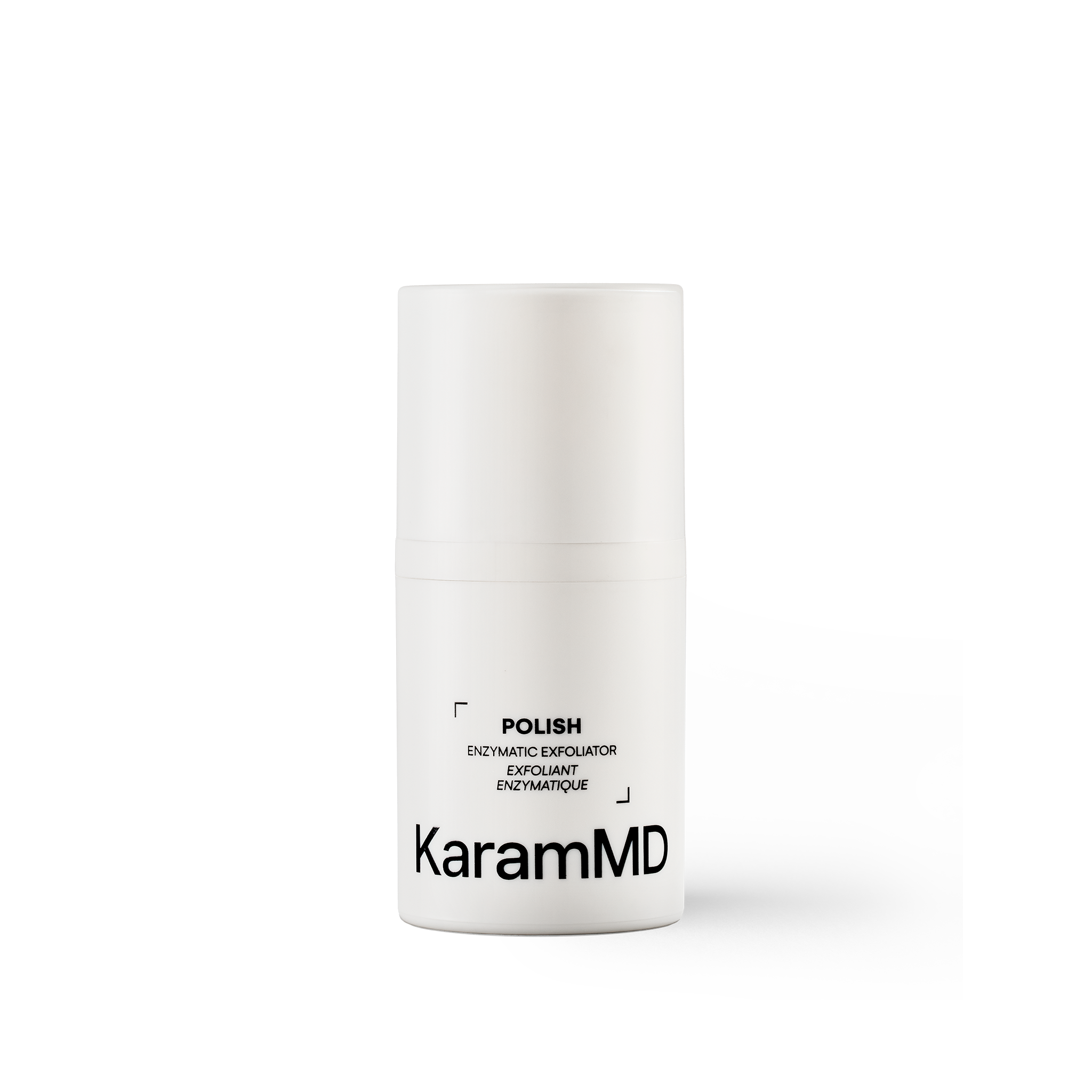
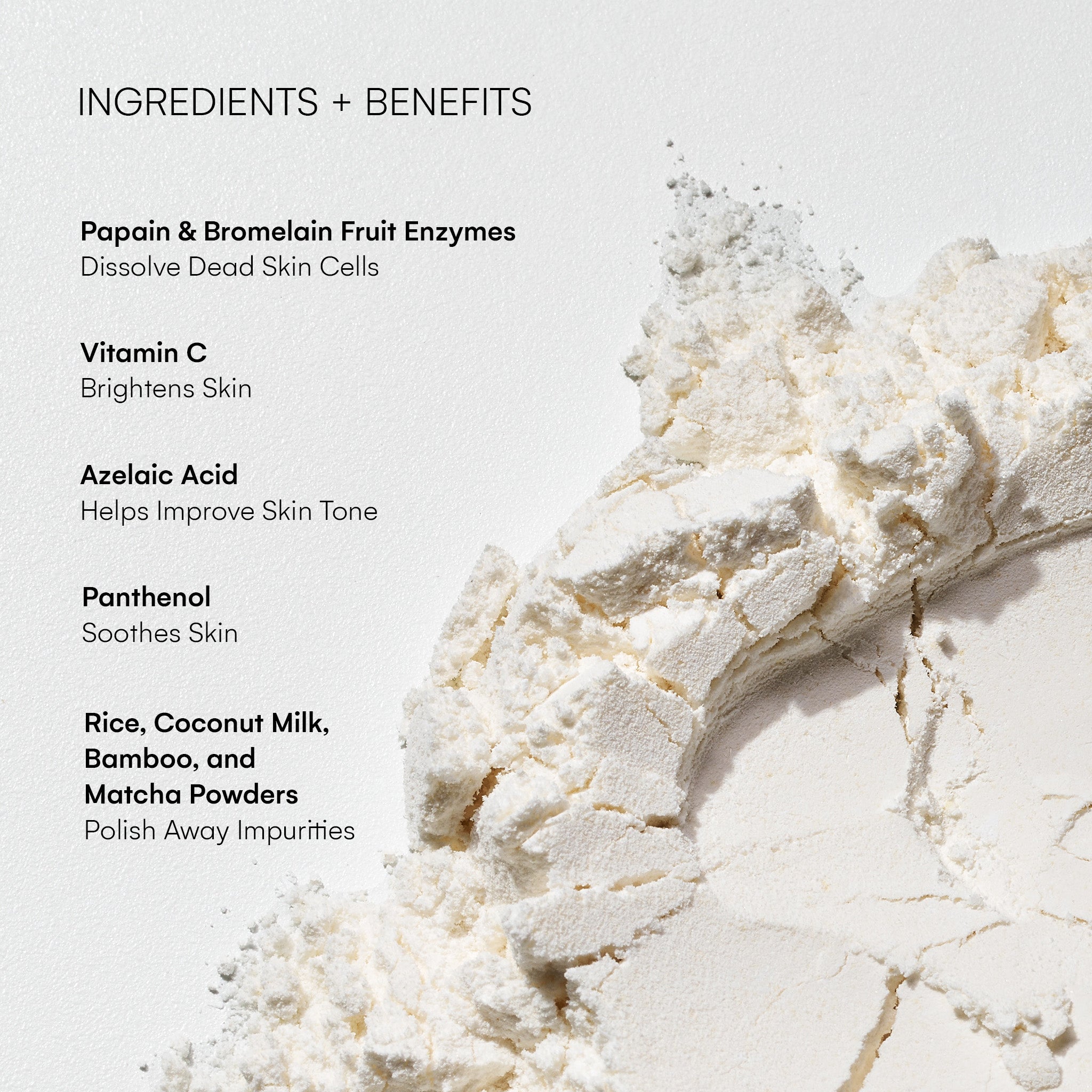
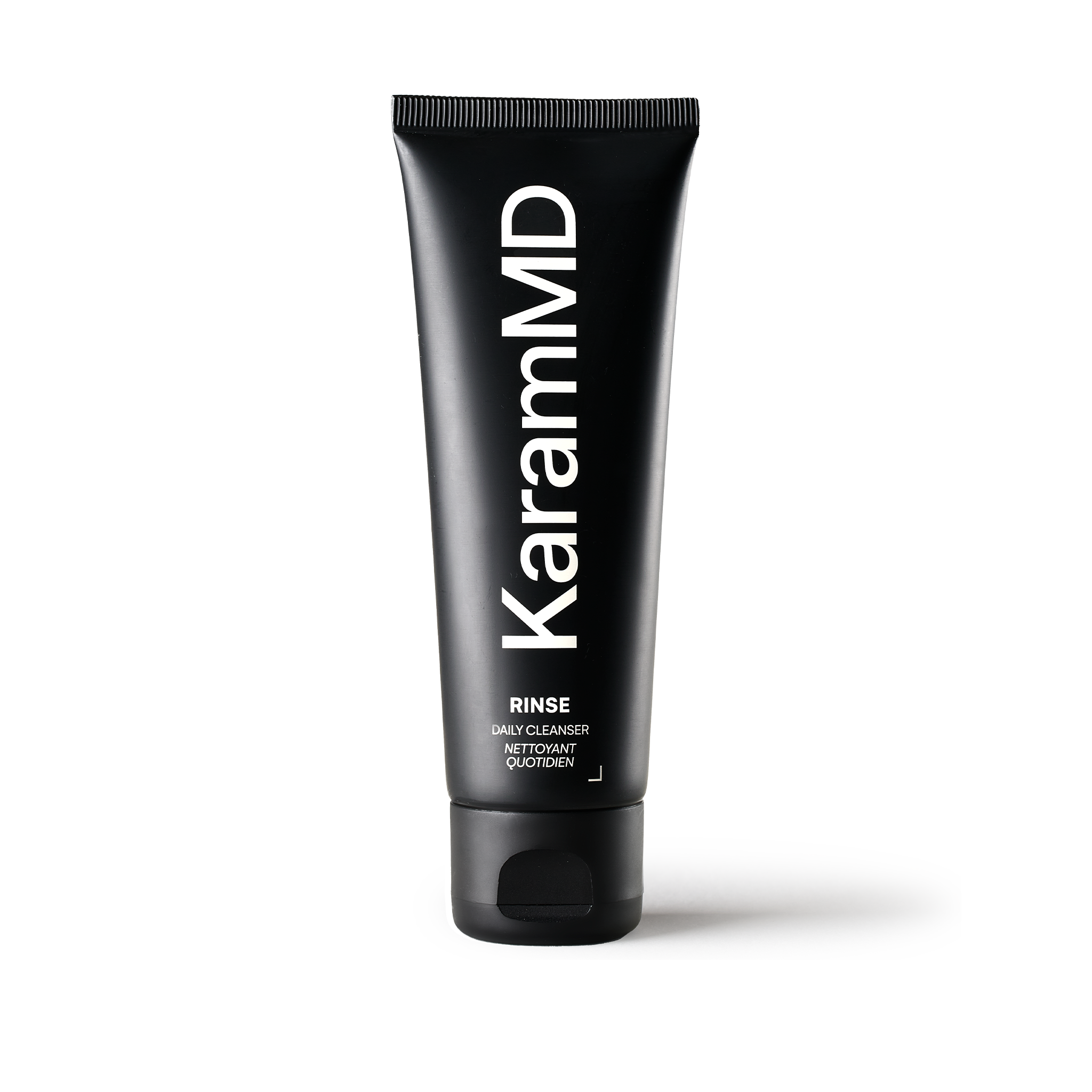

14 comments
Jennifer DiTommaso
Hi
I’ve been taking great care of skin. I’m 58, had a fat transfer 4 years ago but sagging Joel area is what it is ! Curious about your products? Is your vitamin C serum very oily ? I still get cystic acne occasionally and I need to avoid too much oil. Also your trifecta is for the face, neck and chest?
———
KaramMD Skin replied:
Hi Jennifer—It’s great that you’re taking good care of your skin, we love to hear that! Our Quench Vitamin C serum is not oily. It was designed to be lightweight, and suitable for all skin types, including those with acne-prone skin. I would recommend adding the Polish too, since it contains Azelaic acid which also helps with acne and is a gentle, yet powerful addition to the set. Trifecta should be used on the face, neck, and chest for overall skin health, and to improve firmness and texture. I hope this helps!
Customer Support
Hi Charlotte—I am so glad to hear you are enjoying Dr. Karam’s YouTube videos! Unfortunately, we are not able to make any other recommendations for surgeons, and the Vertical Restore is Dr. Karam’s patented facelift technique, so you will not be able to find anyone else doing exactly what he does. However, I would suggest doing lots of research and finding someone else that has consistent results.
Dr. Karam also recommends you start with a committed skincare routine as soon as possible if you are considering a surgical procedure, because the health of your skin is going to be a big factor in your surgical results. So if you haven’t already, definitely check out Trifecta as the best place to start your surgical journey!
Customer Support
Hi Ronna—Yes, you can definitely purchase an individual product. You can go to shop all products, and purchase from our collection, or if you currently have a subscription and would like to add an order, you can do so through your customer portal or email customerservice@karammdskin.com and someone can help get that set up for you.
Customer Support
Hi Leah—Yes, being on all of the right, high quality anti-aging ingredients can be expensive. An effective system is complicated and requires a lot of components. However, the Trifecta bundles all of those components together, which actually makes it 2-4 times less expensive than if you were to get all of these active ingredients separately. I hope you do give it a try and see that it’s really a worthwhile investment in yourself.
Customer Support
Hi Terry—It’s very exciting to hear that you’ve had such an improvement in your skin with Trifecta! As for the dryness, KaramMD Skin’s newest product, Enrich Breathable Barrier Balm, is a perfect supplement to the Trifecta for those seeking additional moisture. It has been clinically tested with results that show improvement to skin barrier and moisture and has some bonus anti-aging properties. It sounds like that might be exactly what you need. I hope you enjoy it as much as the Trifecta!
Leave a comment
All comments are moderated before being published.
This site is protected by hCaptcha and the hCaptcha Privacy Policy and Terms of Service apply.